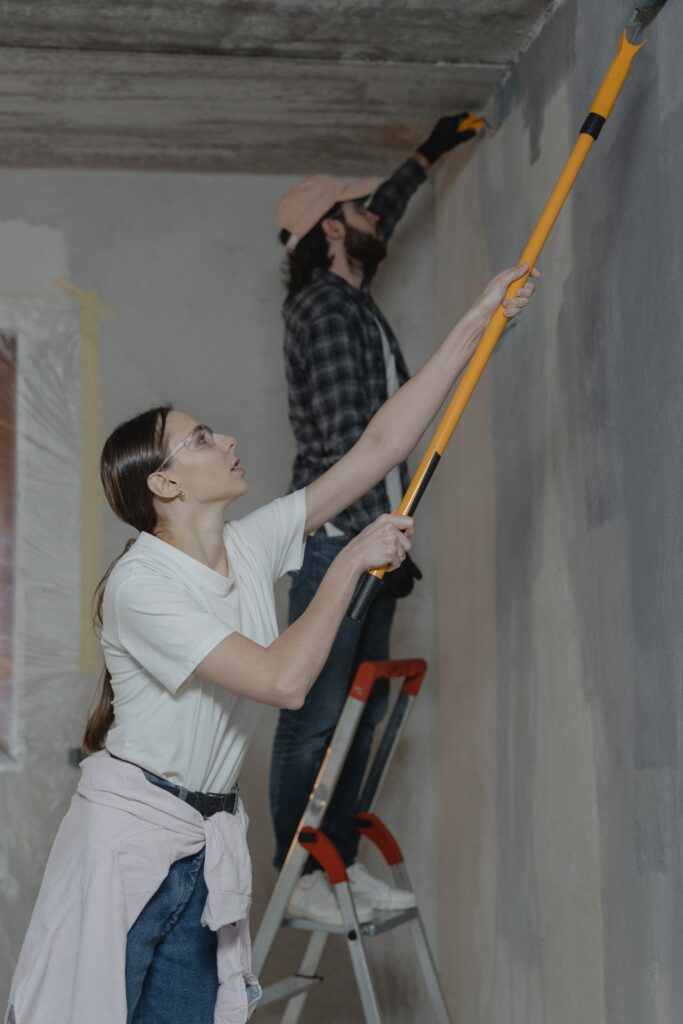As many as a third of those who come to work in the Netherlands are couples. "We are seeing a trend towards more and more people looking for a job together," says Linda Teuling, manager of a recruitment agency in the Netherlands. Psychotherapists say this trend is to be welcomed, as couples find it easier to cope with the psychological challenges they face.
Employers have a different approach
Žygimantas Zdavaničius, 24, who is working in the Netherlands for the second year, does not hide the fact that the second time he worked in the Netherlands together with his girlfriend, all the challenges seemed easier to overcome. He says that employers prefer couples because they are more reliable workers when they come together. They are less likely to change jobs, stay longer, adapt more easily to new living conditions and are more motivated to work and earn.
Johan, CEO of the recruitment agency Robin, notes that the attitude of jobseekers from Lithuania, Latvia, Poland, Romania and Portugal towards temporary employment is changing. “Over the eight years we have been working here, the face of the expatriate has changed from a fearful, self-conscious and unsure person to a calm and motivated person who knows that he or she will be paid a fair wage, will be provided with good living conditions, and will be looked after,” said Johan “We are particularly pleased to see the growing trend of couples looking for work abroad. This is a kind of recognition of our consistent work – our employees are entrusting us not only with their future, but also with the future of their most precious person.”

English-speaking couples are finding it particularly easy to get a job now. For those who do not speak the language, the wait for a job offer is longer.
“We are very welcoming to couples,” says L. ten Teuling, a recruitment agency manager from the Netherlands, “but we cannot guarantee that cohabitants will work in the same workplace or that shifts will be coordinated.
“We are particularly pleased with the growing trend of couples looking for work abroad. It’s a kind of recognition of our consistent work – after all, our employees are entrusting us not only with their future, but also with the future of their most precious person.”
A familiar roommate is an advantage
However, there is one advantage for visiting couples – staffing agencies put them in the same room. Linda, a Dutchwoman, jokes: “You’ll always know who your roommate is”.
According to Sigismund’s fiancée, Lina Girskytė, couples have better living conditions: “We are now staying in a house with nine people: three couples in double rooms and three women in single rooms”.
However, the main advantage of working as a couple is psychological comfort. “The work is not easy, one day it can go smoothly and the next day it doesn’t go well and you get stressed,” says Ž. “But coming home and having a second half is reassuring, comforting, motivating. Of course, a good roommate is not bad either, but not like this.”
Recommended:
Single newcomers take risks
Arriving without a partner makes it harder to cope with the psychological challenges that come with it. “I had an acquaintance who was planning a bright future in Lithuania. At first he was determined to achieve his goals, but gradually he drifted – he couldn’t stand the loneliness and started spending all his money on pleasure. The friend who stayed in Lithuania couldn’t do anything”, Žygimantas recalls bitterly.
According to psychotherapist Raimundas Alekna, every person who leaves his or her usual surroundings and loved ones goes through what is known as the “grieving process”. The big advantage is that for cohabitants, the conditions are not so much changed, because the most precious person travels together.”
There are four stages of the grieving process:
- The denial phase.
The person does not experience any major emotional change. - Anger phase.
The emigrant starts looking for someone to blame: angry at his/her spouse, children for having to leave, or angry about domestic issues. - Depression phase.
The person begins to doubt himself, to have negative feelings about himself or his possibilities. Panic may set in – how will they cope with challenges, will they be able to cope. - Acceptance phase.
The person experiencing the grieving process starts to think constructively, to look for arguments and solutions to accept challenges and overcome difficulties.

“The big advantage is that the conditions for cohabitants are less affected because the most precious person travels together.”
Successful adaptation
According to the psychotherapist, some phases of the grieving process are prolonged for some people, while for others they pass more quickly. “The most important thing is how much you know about the ordeal – whether you accept it as a natural thing and are able to ‘get through it’ in a healthy way,” says Alekna, “The chances are that the two people going through the journey will go through different phases at different times, and will therefore be able to understand and support each other.”

When a person is unable to cope with internal challenges, their interest in their surroundings and their willingness to delve deeper into the problems of the challenge drops. Motivation to work often diminishes, dreams and plans drift away. For the self-absorbed, there is a strong temptation to run away from oneself and forget, at least for a short time, to immerse oneself in pleasure.

As Žygimantas, who has been living in the Netherlands for two years, says, it is better to go with a couple: “There is someone to pick you up and shake you, to tell you: “We came here for what? ‘What are we here for, to make money? The goal is to make money, not to throw it away. There are all the conditions for that here, you just have to use them wisely.”
Register to work abroad
 English
English  Lietuvių
Lietuvių  Latviešu
Latviešu  Polski
Polski  Português
Português  Română
Română  Slovenčina
Slovenčina  Magyar
Magyar  Русский
Русский  Espanol
Espanol  България
България  Čeština
Čeština  Italy
Italy  Croatia
Croatia  Greek
Greek 

